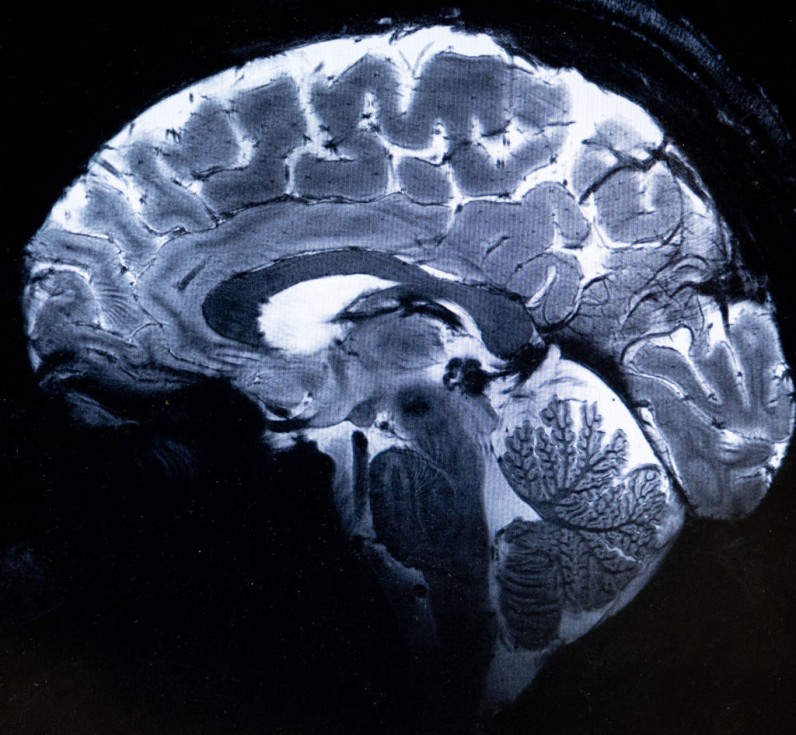
Neuralink, a microchip company owned by Elon Musk, has successfully implanted a brain chip into a second trial patient just months after its first attempt.
Neuralink implanted its first brain chip in a human patient in January 2024. The microchip, is designed to give paralyzed people, particularly those with spinal cord injuries, the ability to use digital devices by thinking alone.
In a podcast interview with computer scientist Lex Fridman, Musk gave very few details about the second participant beyond saying the patient had spinal cord injuries similar to 29-year-old Noland Arbaugh, Neuralink's first recipient. However, Musk noted that 400 of the second patient's brain chip electrodes were working. Neuralink said its implants use 1,024 electrodes.
"I don't want to jinx it but it seems to have gone extremely well with the second implant," Musk told Fridman in the podcast. "There's a lot of signal, a lot of electrodes. It's working very well."
Musk also noted that he expects to provide brain implants to eight more patients this year as part of Neuralink's clinical trials.
How Did the Implant Work With the First Patient?
Arbaugh received his Neuralink implant earlier this year. Weeks after the brain chip was implanted, Musk said Arbaugh was able to control a computer mouse using just his thoughts. Prior to the implant, Arbaugh employed a stick in his mouth to tap the screen of a tablet device.
Since the first successful implant, Musk billed Neuralink as a technology that could help humans compete with artificial intelligence and facilitate a symbiotic relationship between the human race and AI tech.
"It's an idea that may help with AI safety," he said, as quoted by Business Insider. "We could better align collective human will with AI if the output rate especially was dramatically increased. And I think there's potential to increase the output rate by, I don't know, three, maybe six, maybe more orders of magnitude. So, it's better than the current situation."
Musk also said Neuralink devices could eventually help repair damaged neurons in people suffering from blindness and paralysis.







Join the Conversation